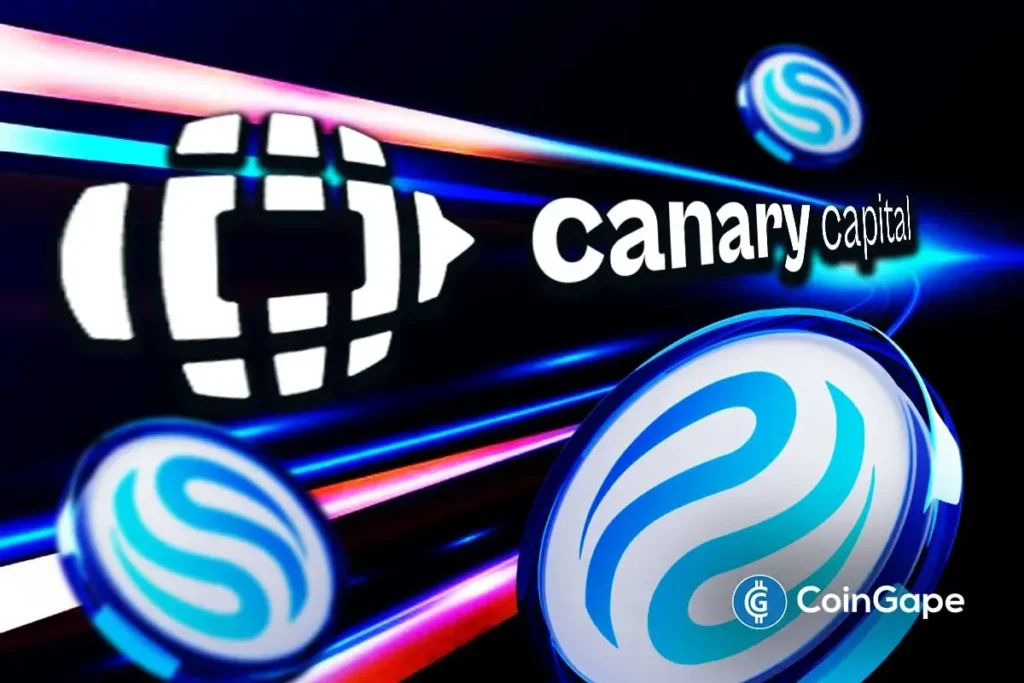Canary Capital’s Groundbreaking Injective ETF: A New Era in Digital Asset Investment
In a historic move, Canary Capital has filed the first-ever staked Injective exchange-traded fund (ETF) with the U.S. Securities and Exchange Commission (SEC). This pioneering initiative aims to offer investors regulated access to staked INJ, aligning traditional finance with the burgeoning world of decentralized finance (DeFi). Following the announcement, the price of INJ surged nearly 5% within 24 hours, indicating strong market enthusiasm for this novel investment vehicle.
The Significance of the Canary Staked INJ ETF
The Canary Staked INJ ETF represents a crucial step towards mainstream acceptance of decentralized financial products. As an innovative layer one blockchain designed specifically for DeFi applications, Injective has attracted attention from major industry players such as Google Cloud and T-Mobile, who have joined the Injective Council. This increased institutional interest highlights the growing recognition of Injective’s potential in reshaping digital finance. The Canary Capital filing aims to provide both retail and institutional investors with regulated access to staked INJ, bridging the gap between conventional finance and blockchain technology.
Regulatory Pathway and Its Implications
Canary Capital’s filing reflects a meticulous regulatory approach, having previously established a statutory trust for the staked Injective ETF in Delaware. This step signifies the company’s commitment to adhering to the SEC’s guidelines while aiming to create a secure investment environment for potential investors. By seeking regulatory approval, Canary Capital not only reinforces its credibility but also paves the way for future financial products that can operate within the legal frameworks of traditional finance.
A Bridge Between On-Chain and Traditional Finance
The proposed ETF aims to democratize access to staked INJ by acting as a regulated investment vehicle. This is vital for retail investors who have often found it challenging to invest in DeFi assets due to regulatory ambiguities and technical complexities. The Canary Staked INJ ETF is designed to simplify the investment process, making it easier for individuals and institutions alike to gain exposure to DeFi technologies and the Injective ecosystem.
Industry Momentum and Future Prospects
With the SEC’s response pending, the filing has already stirred excitement in the cryptocurrency market. The increasing participation of reputable companies in the Injective ecosystem positions the project as a formidable player in DeFi. As more institutions and individual investors seek opportunities in the crypto space, the Canary Staked INJ ETF could serve as a significant catalyst for further institutional investment and regulatory backing for other DeFi initiatives.
Final Thoughts: A New Investment Paradigm
The Canary Staked INJ ETF has the potential to alter the investment landscape for decentralized finance significantly. By providing a regulated pathway for both retail and institutional investors to engage with blockchain assets, Canary Capital could usher in a new era of financial innovation. As we await regulatory decisions, the developments surrounding this pioneering ETF will be pivotal in shaping the future intersection of traditional finance and the decentralized economy.
In summary, Canary Capital’s attempt to establish the first staked Injective ETF signals a major shift in how investors can access digital assets, emphasizing the growing call for regulation and credibility in the cryptocurrency market. As the market for DeFi continues to expand, this innovative ETF could very well chart the course for similar offerings in the future.


